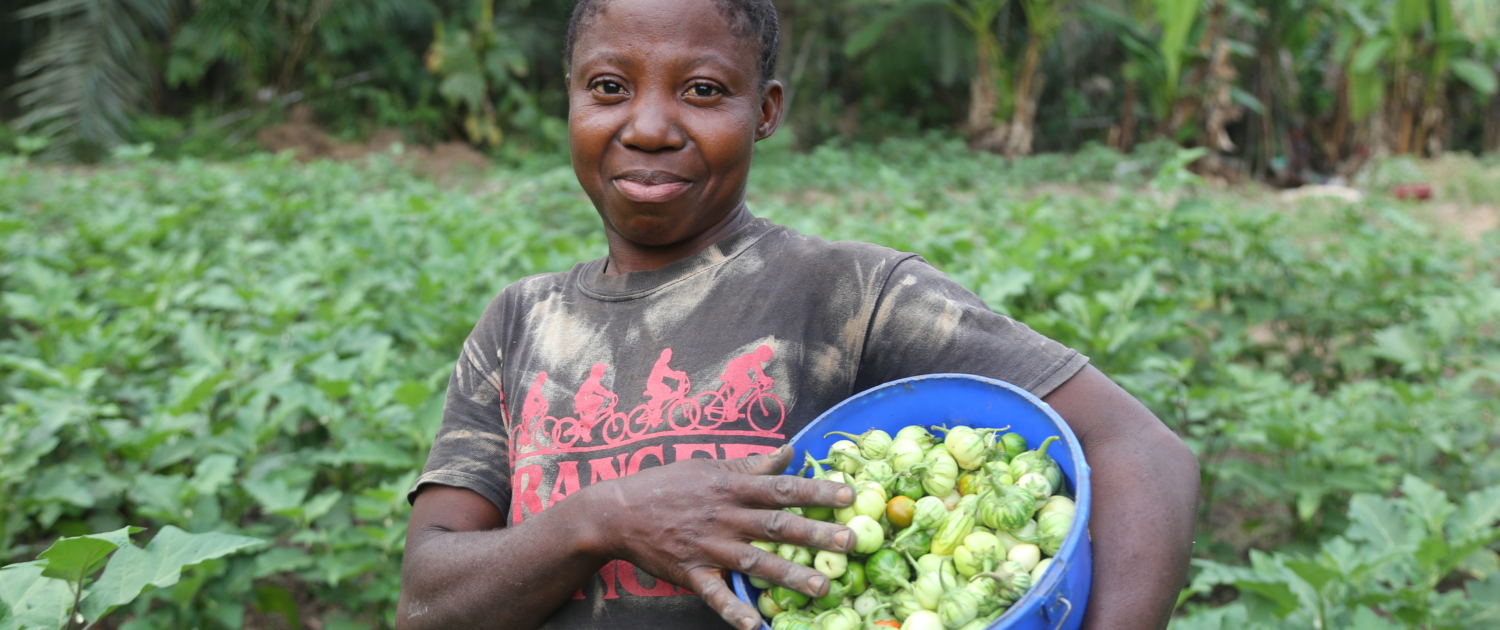TOWARDS SUSTAINABLE RURAL AND AGRICULTURAL ENTREPRENEURSHIP
The IECD designs and implements technical, commercial, and management training courses based on practical experience and a skills-based
approach. More than 500 producers are being trained in agroecology in Cameroon, Ivory Coast, Liberia, and the Central African Republic through field schools. In the Republic of the Congo, a pilot programme has improved the practices of 200 fish farming professionals.
Testing and disseminating innovative solutions adapted to local areas
The IECD facilitates multi-stakeholder networks—farmers, advisors, businesses, researchers—to test, adjust, and disseminate relevant and sustainable agricultural practices. In Lebanon, a network of beekeepers is experimenting with new strategies to combat varroa mites, with concrete results. In Liberia, Ivory Coast, and Cameroon, trials conducted on 50 pilot plots have validated agroecological market gardening practices that are both profitable and adapted to local constraints.
Supporting entrepreneurial initiatives to develop and structure value chains
The IECD supports entrepreneurs and local organisations in developing essential services and innovative production models. In the Republic of the Congo, fish feed manufacturers are testing formulations that improve the economic performance of fish farms, with income increasing two to fivefold. In Cameroon, nearly 100 market gardeners benefit from pre-financing and marketing services through a social enterprise, which helps to secure and improve their incomes.


